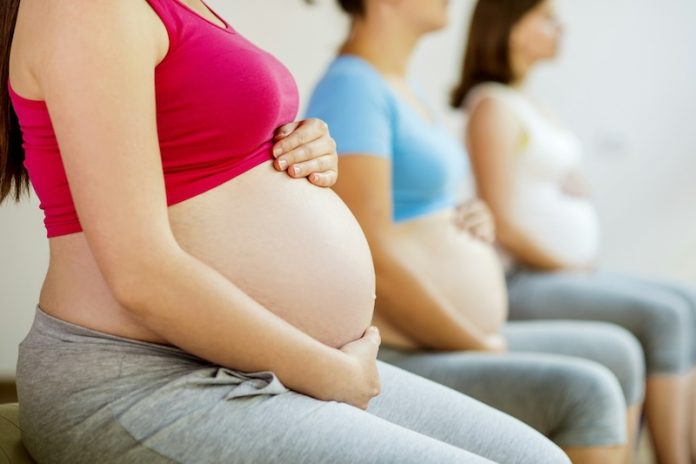
A recent study led by researchers at Imperial College London and Imperial College Healthcare NHS Trust suggests that some patients with chest pain due to reduced blood flow to the heart may benefit from having a stent implanted rather than relying solely on chest pain medications.
The study of almost 1,200 Nigerian women who were pregnant or had recently given birth found that using an artificial intelligence-enabled digital stethoscope during electrocardiogram (EKG) screening doubled the detection rate of peripartum cardiomyopathy compared to standard obstetric care.
Peripartum cardiomyopathy is a type of heart failure that can affect pregnant or recently pregnant women, weakening the heart’s ability to pump blood.
In the study, an AI algorithm was used with a digital stethoscope to record heart activity and sounds, enabling better detection of cardiomyopathy.
While traditional EKG screening had a detection rate of 1.8%, AI-enhanced screening detected cardiomyopathy in 4% of pregnant and postpartum women.
This research suggests that AI-guided screening using a digital stethoscope can improve the diagnosis of peripartum cardiomyopathy, a potentially life-threatening condition, by facilitating earlier diagnosis and treatment.
Early detection and treatment of cardiomyopathy are essential for reducing adverse maternal outcomes.
The study highlights the potential of AI technology in improving healthcare outcomes and may lead to changes in clinical practice for pregnancy-related cardiac issues.
Additional large trials in diverse populations are needed to further evaluate the impact of AI-guided screening on cardiomyopathy diagnosis and maternal outcomes.
If you care about heart health, please read studies about Blood thinners may not prevent stroke in people with heartbeat problems and findings of This diabetes drug may protect heart health in older veterans.
For more information about nutrition, please see recent studies that vitamin D can help reduce inflammation, and results showing vitamin K may lower your heart disease risk by a third.
Copyright © 2024 Knowridge Science Report. All rights reserved.



